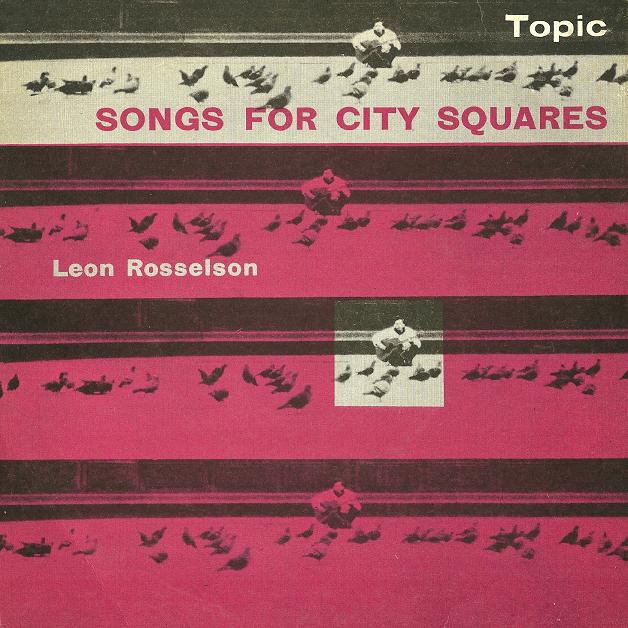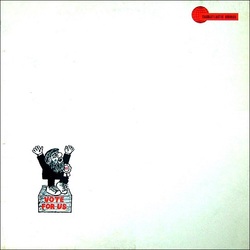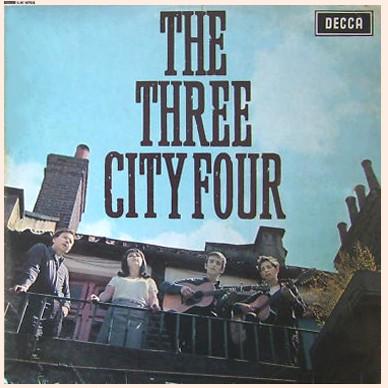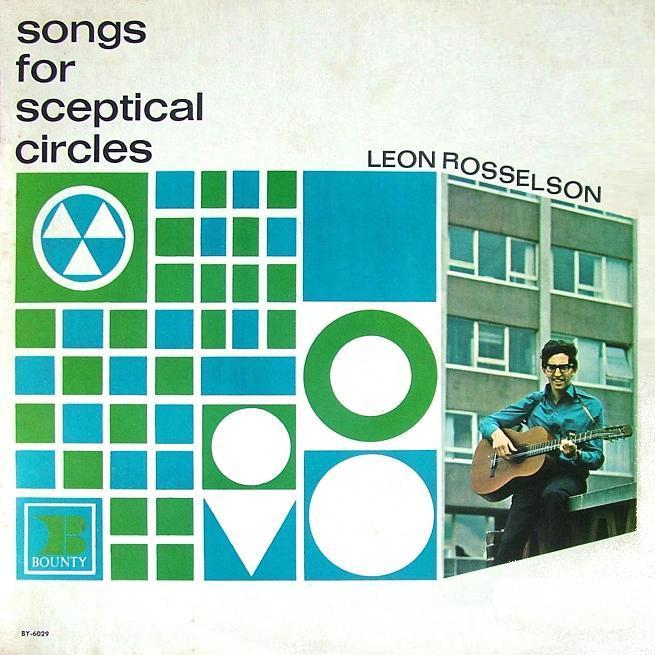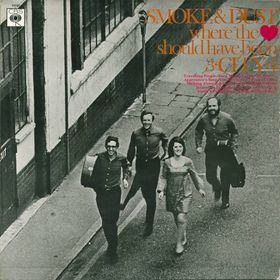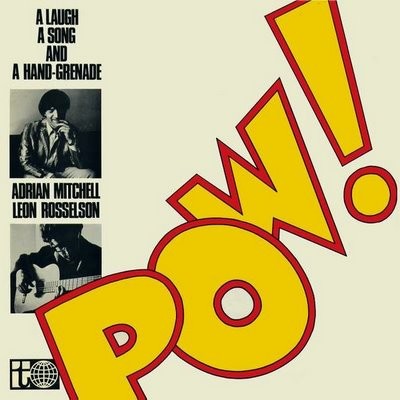1960s
Leon was born in London in 1934, attended school in Hampstead, and went to Cambridge University from the age of 19. He wrote his first song, "Grace Kelly Calypso" in 1956, and probably his first recording was in 1958, as guitarist on an album of songs by Israeli singer, Zimra Ornatt, with whom he headed off to Israel for a year (1958-59) to work on musical collaborations. On returning, Leon got married and joined his first regular group, The Galliards, who played together until 1963 (but never recorded any of Leon’s own songs). During the period, Leon was also employed as a backing musician for a range of artists recording on the Topic label, thereby appearing on at least six Topic records. One of them (Songs for Swinging Landlords To) had Leon billed as co-performer alongside Stan Kelly - the first time he appeared on disc under his own name.
Recordings of his own songs commenced in 1962 with an EP on the Topic label. Thereafter, he wrote for television (specifically, That Was The Week That Was) and contributed to a satirical LP, Vote For Us. With a growing body of his own songs, Leon formed a new group, the Three City Four, to tap into the nascent folk revival and record some of his original material. By the end of the decade the group had split, but Leon by then also had two solo LPs under his belt (one of them also containing material by poet, Adrian Mitchell). His 1960s catalogue of 32 recorded songs plus 16 others published as sheet music, is distributed across a diverse range of releases, but includes several which would become all-time favourites.
Recordings of his own songs commenced in 1962 with an EP on the Topic label. Thereafter, he wrote for television (specifically, That Was The Week That Was) and contributed to a satirical LP, Vote For Us. With a growing body of his own songs, Leon formed a new group, the Three City Four, to tap into the nascent folk revival and record some of his original material. By the end of the decade the group had split, but Leon by then also had two solo LPs under his belt (one of them also containing material by poet, Adrian Mitchell). His 1960s catalogue of 32 recorded songs plus 16 others published as sheet music, is distributed across a diverse range of releases, but includes several which would become all-time favourites.
